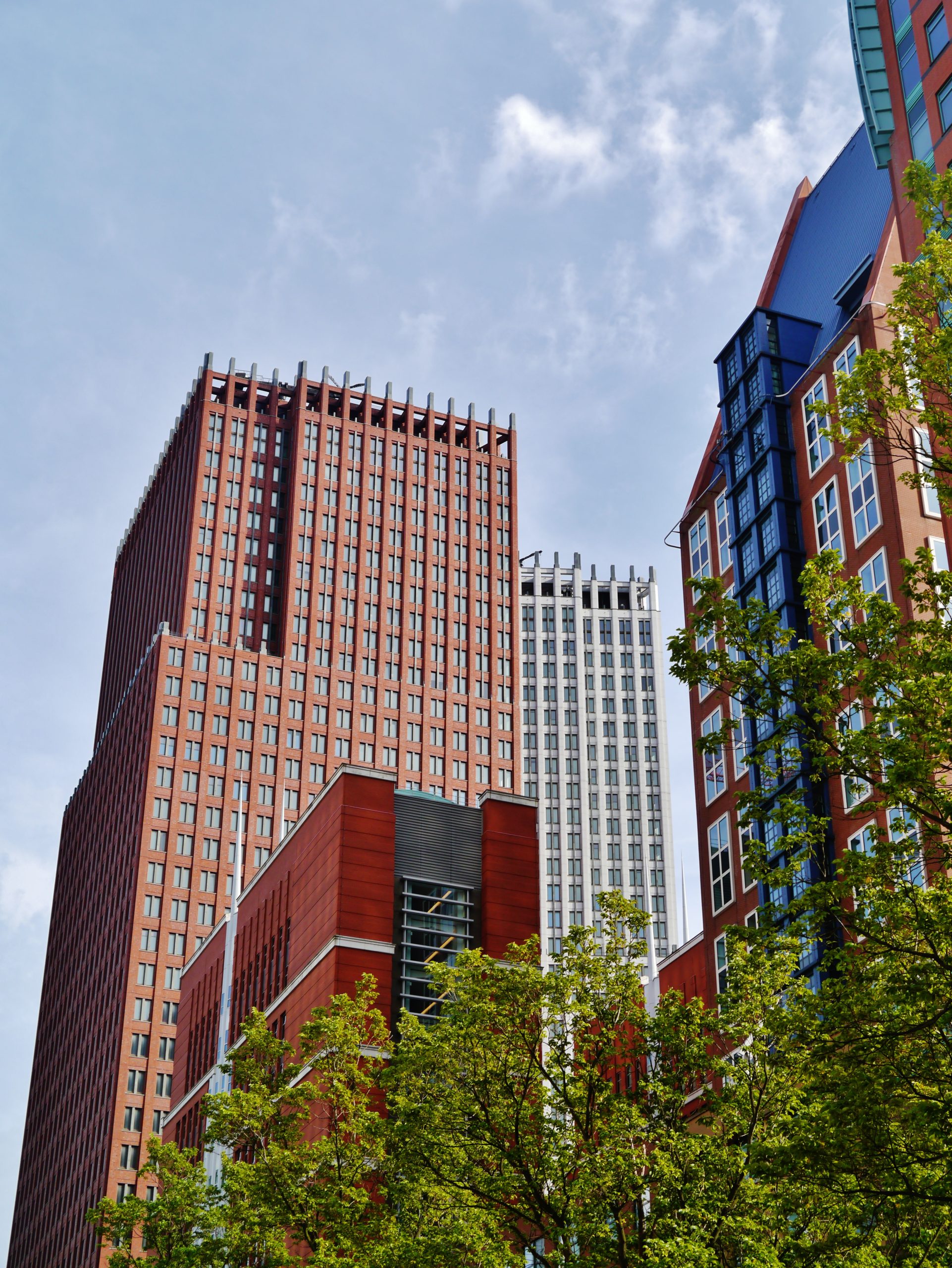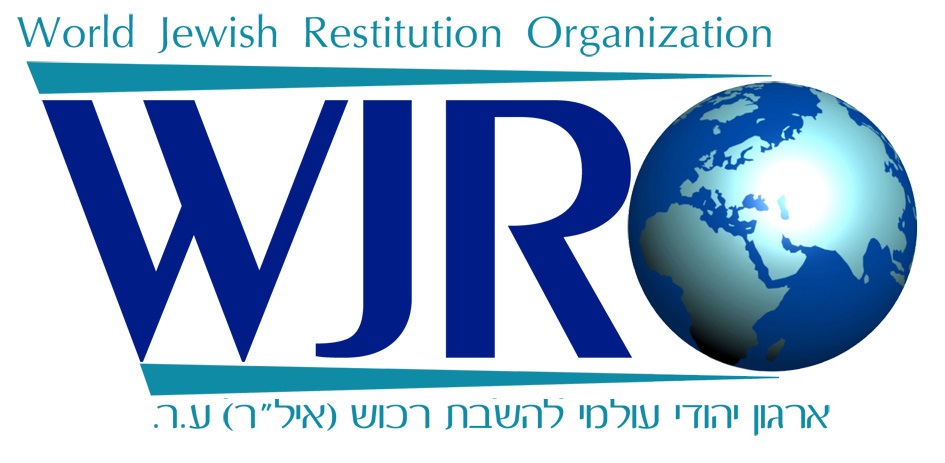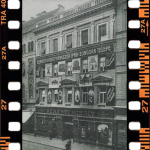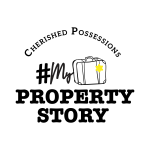
THIRD INTERNATIONAL GATHERING OF HOLOCAUST ENVOYS TO ADVANCE HOLOCAUST ERA RESTITUTION EFFORTS HOSTED BY THE NETHERLANDS
Delegates to Convene in The Hague to Further Implement Restitution Initiatives
The Hague, Netherlands, April 2, 2025 — The third international gathering of the Special Envoys Network on Holocaust Issues will bring together representatives from over 10 countries, including envoys, delegates, ambassadors, experts, and other dignitaries, to advance efforts in addressing Holocaust-era restitution. Co-convened by the World Jewish Restitution Organization (WJRO) and hosted by Eddo Verdoner, Netherland’s National Coordinator on Combating Antisemitism, this meeting underscores the ongoing commitment to securing justice for Holocaust survivors and their families, including the restitution of art and cultural property seized during the Holocaust.
Previous meetings of the Special Envoys Network directly led to the development of the Best Practices for the Washington Conference Principles on Nazi-Confiscated Art, which were introduced on March 5, 2024 at the United States Memorial Holocaust Museum. To date, 31 countries have endorsed these Best Practices, which provide an essential framework for advancing restitution efforts, demonstrating a growing international commitment to transparency, cooperation, and justice in addressing unresolved Holocaust-era claims.
“This gathering represents a crucial step in advancing restitution efforts and ensuring that Holocaust-era property claims remain a global priority. The development of the Best Practices for the Washington Conference Principles on Nazi-Confiscated Art was a direct outcome of the Special Envoys Network, providing an essential framework for addressing stolen cultural property. With 31 countries already endorsing the Best Practices, we continue to encourage more nations to join this growing movement and take meaningful action to right the injustices of the past,” said Gideon Taylor, President, World Jewish Restitution Organization (WJRO)
“Time is of the essence when it comes to Holocaust-era restitution. This meeting brings together key envoys and experts to build on the progress we’ve made, particularly with the adoption of the Best Practices. These guidelines are already making a real impact, but there is still more work to be done. As we convene in The Hague, we are focused on finding practical solutions to ensure that restitution efforts continue to move forward and that governments uphold their commitments to justice and historical accountability,” said Mark Weitzman, Chief Operating Officer, World Jewish Restitution Organization (WJRO).
“Restitution is essential in the pursuit of justice. That is why the Netherlands is making efforts to return Nazi-looted art to its rightful owners. To prevent the recurrence of these antisemitic crimes, they must have consequences,” said Eddo Verdoner, National Coordinator on Combating Antisemitism, Ministry of Justice and Security, the Netherlands. “This is not an easy task. It requires patience, perseverance and knowledge. That’s why it’s important to work together with other countries. To help each other and learn from one another. We are proud to host this important meeting in The Hague, the international city of peace and justice, to advance this important cause.”
“I’m looking forward to talking with other special envoys about the effect the Best Practices for the Washington Principles on Nazi-Confiscated Art are having. Thirty-one countries have endorsed them so far, and we’re encouraging more to do so,” said Ellen Germain, U.S. Special Envoy for Holocaust Issues. “In that context, the Dutch government has recently updated its art restitution policy, and I’m eager to hear more about that process, as well as ongoing efforts to return unclaimed cultural property to the Jewish community.”
“Eighty years after the Holocaust, we have undoubtedly made progress—but there is still so much more to be done, and so little time left to do it,” said Lord Eric Pickles, UK Special Envoy for Post-Holocaust Issues. “Meetings like this are essential for moving from principles to action. We owe it to survivors, their families, and future generations to ensure that justice is not only promised but delivered.”
As part of the meeting, delegates will visit the National Holocaust Museum in Amsterdam, the first museum in Europe to feature a dedicated exhibition on looted artifacts. This visit will provide valuable insights into the scale of cultural loss suffered during the Holocaust and will highlight ongoing efforts to recover and return stolen property.
In addition to reviewing progress on looted art, the envoys will discuss broader issues of restitution, including the restitution of unclaimed cultural property to the Jewish community, the opening of collaborator archives and its relation to restitution, and strengthening Holocaust education and remembrance. These discussions reinforce the shared responsibility to ensure that the injustices of the past are neither forgotten nor repeated.
Background:
The Best Practices for the Washington Conference Principles on Nazi-Confiscated Art were developed through collaborative efforts led by the WJRO and the U.S. Department of State. Building on the foundational 1998 Washington Conference Principles, they provide a structured approach to identifying and returning art and cultural property wrongfully taken during the Holocaust. To date, 31 countries have endorsed the Best Practices, demonstrating a growing international commitment to addressing Holocaust-era asset confiscations. Continued adoption and implementation of these Best Practices remain essential in the pursuit of justice.
###
For media inquiries please contact pr@wjro.org.il





